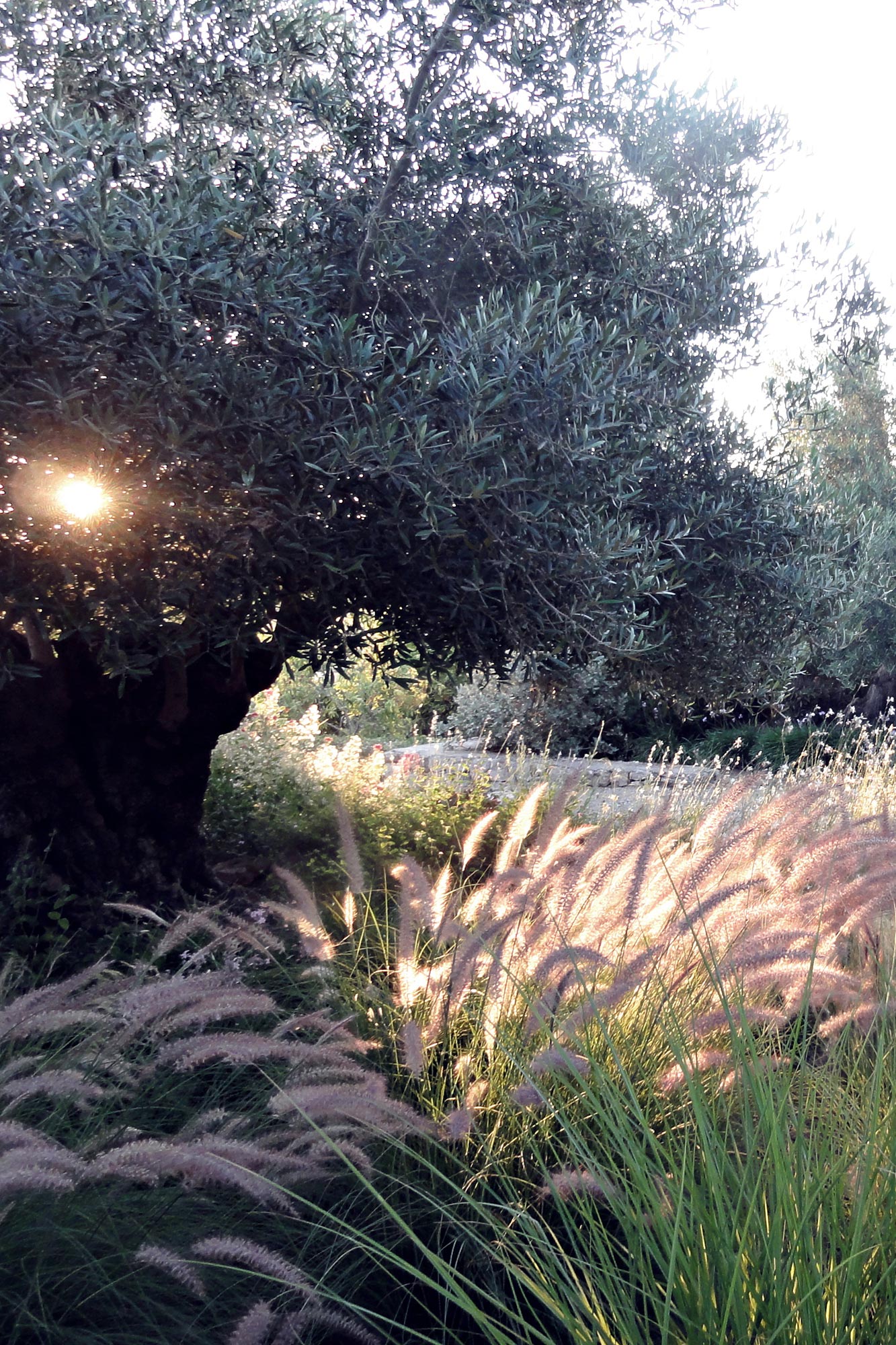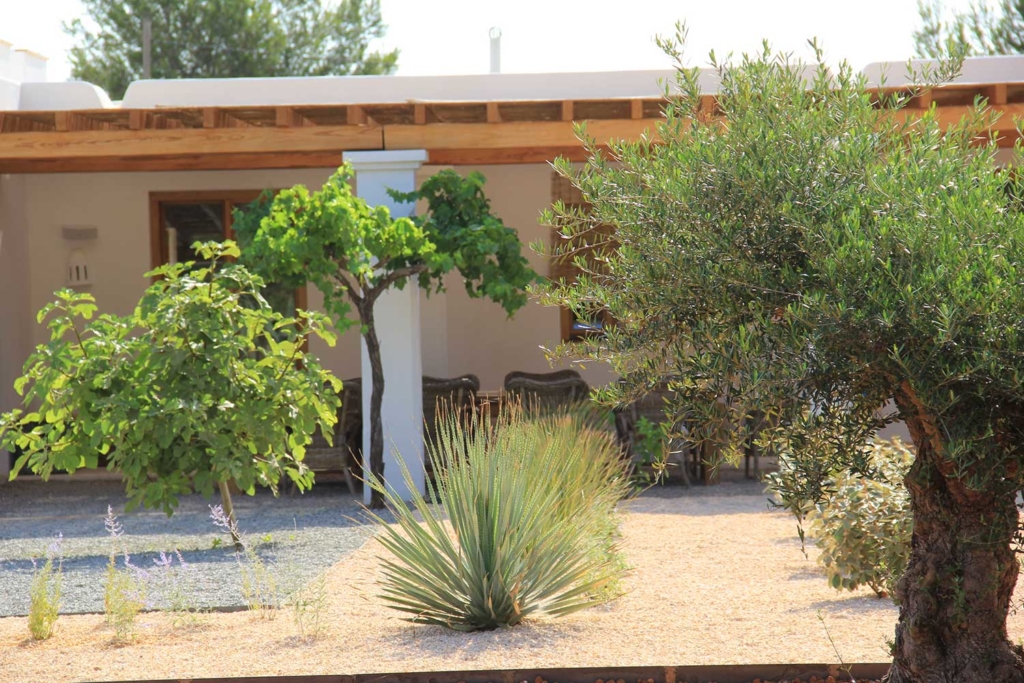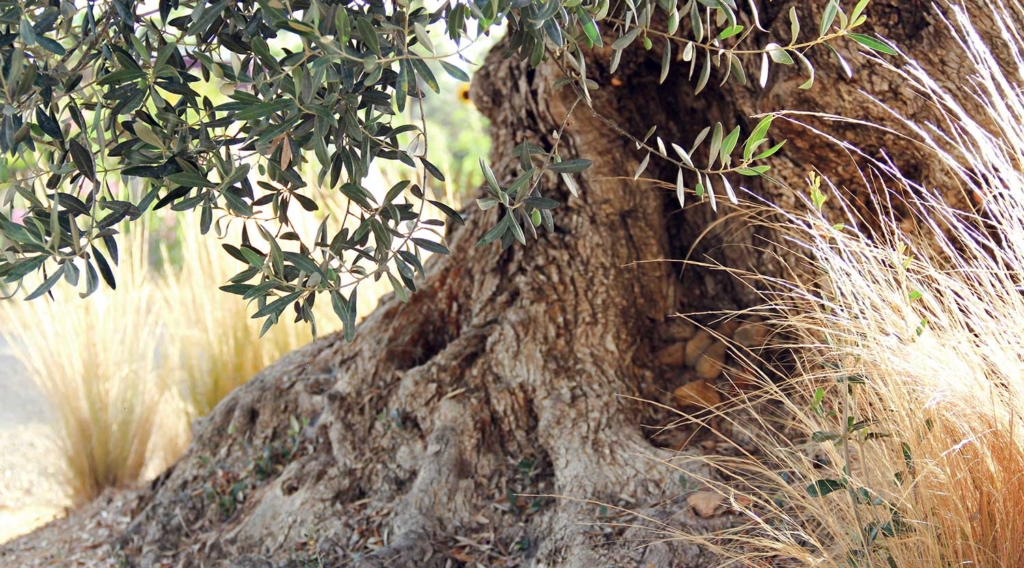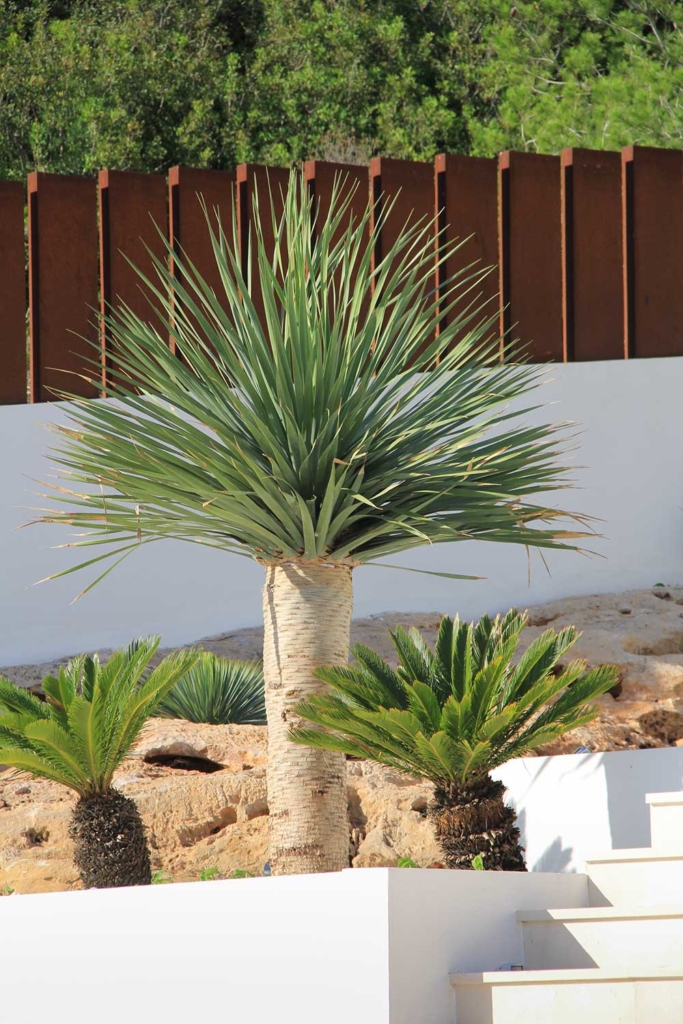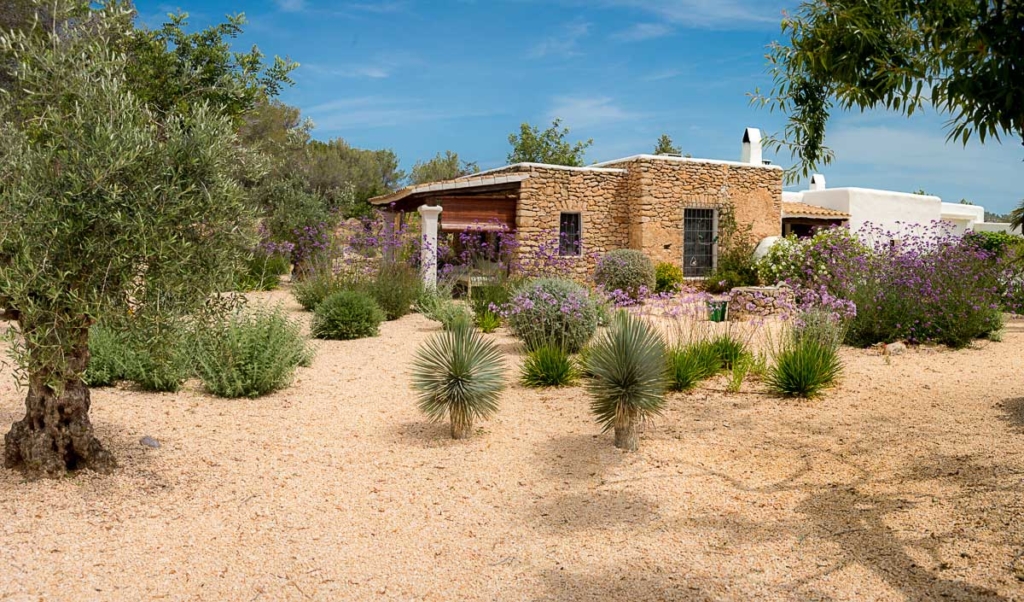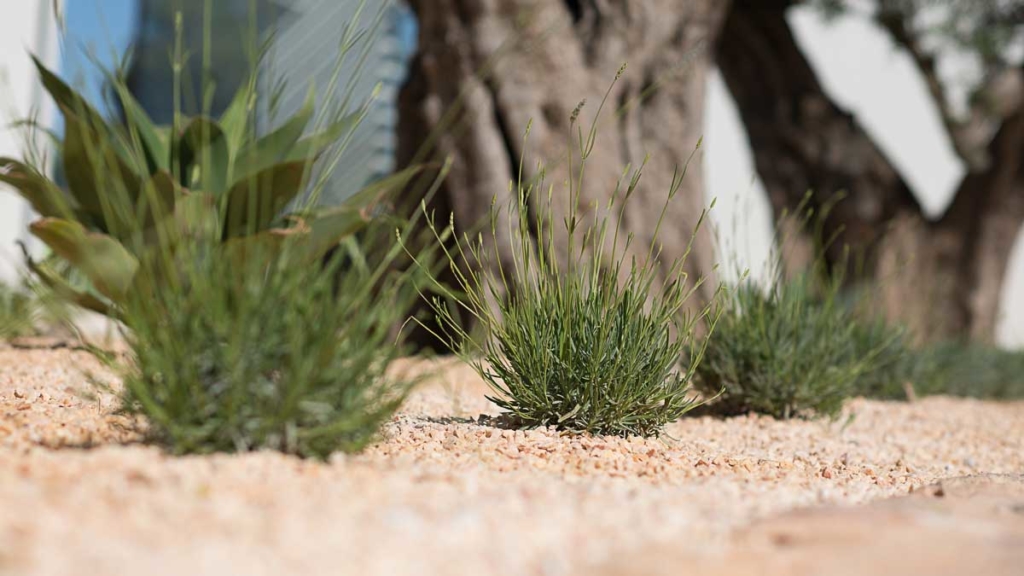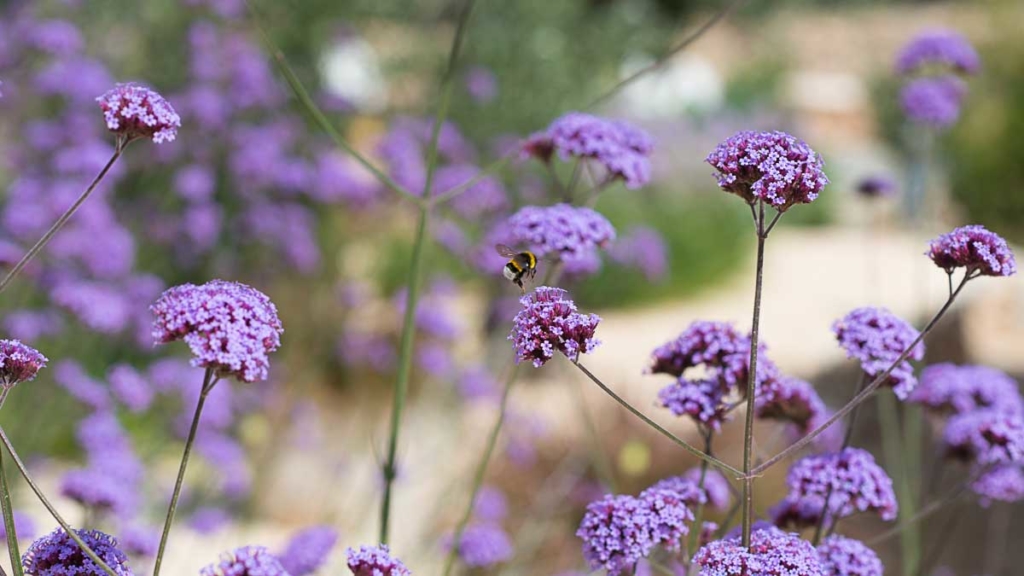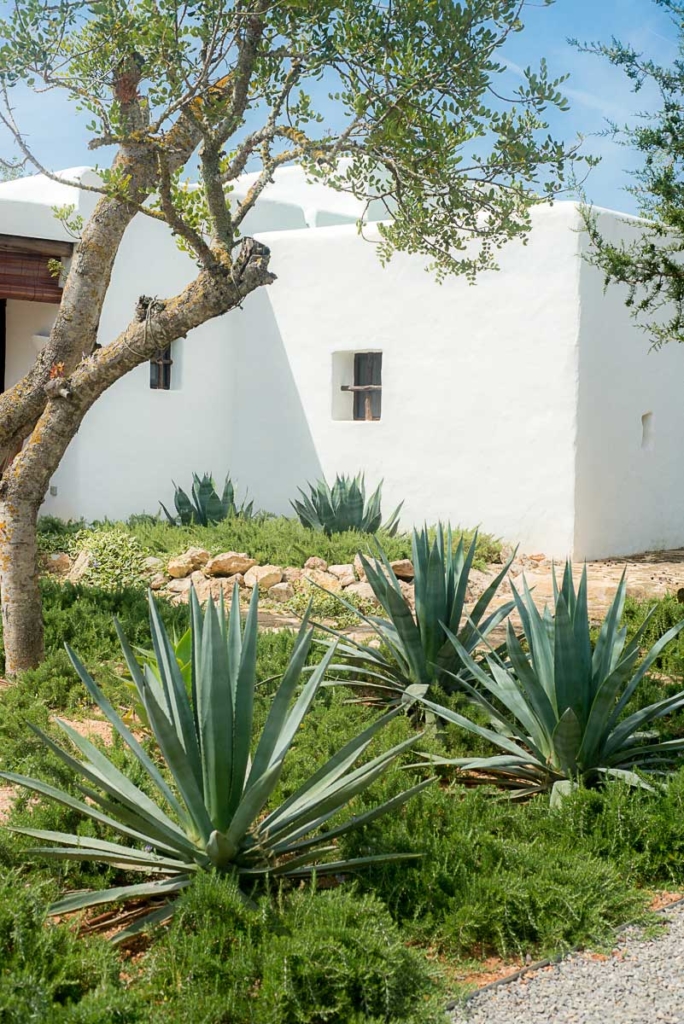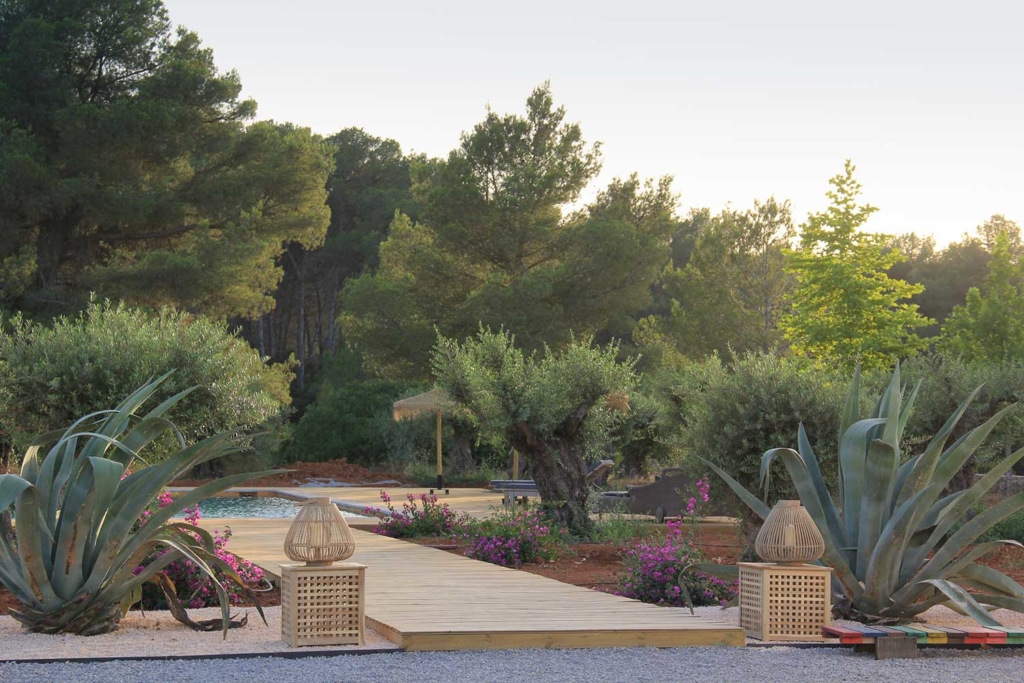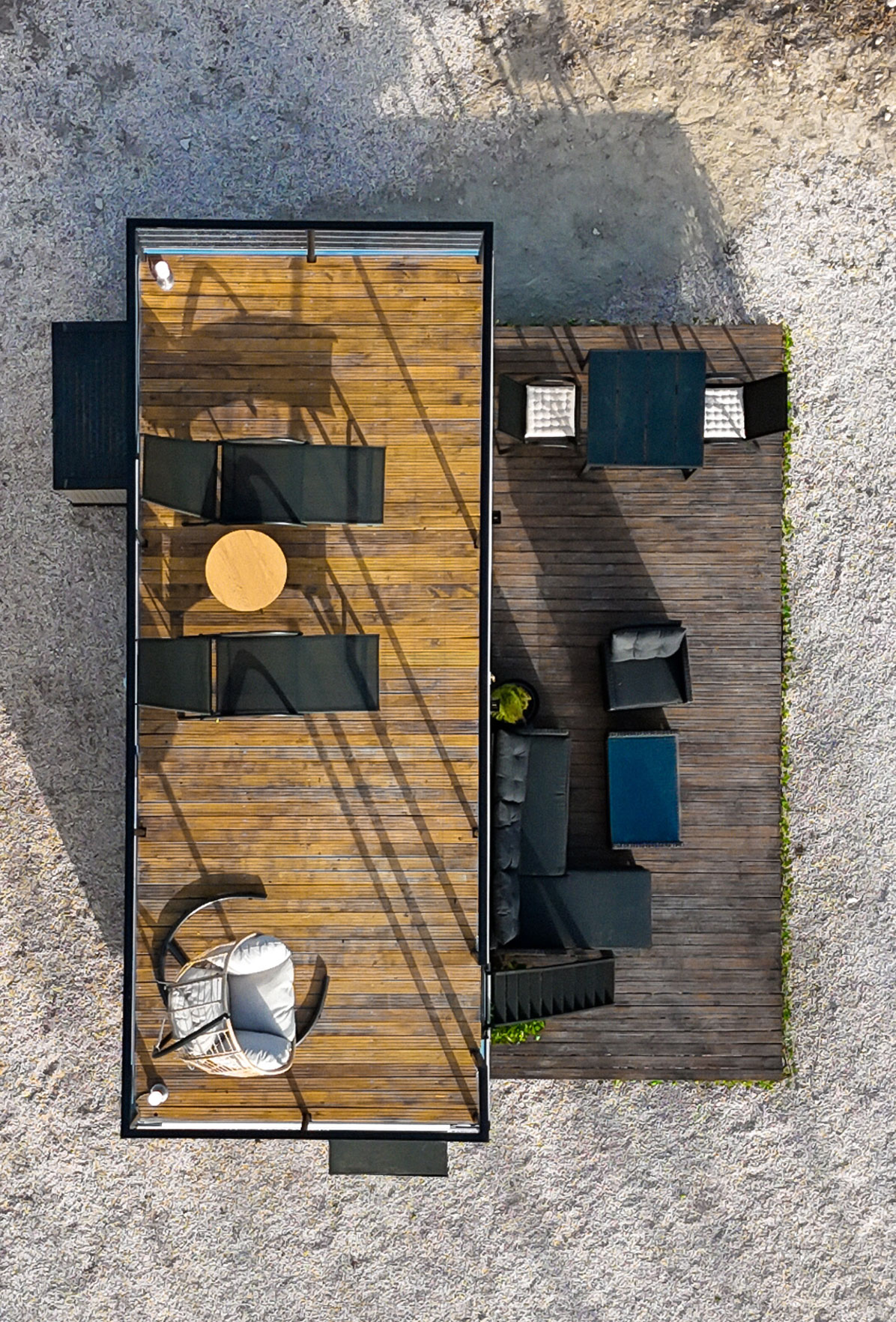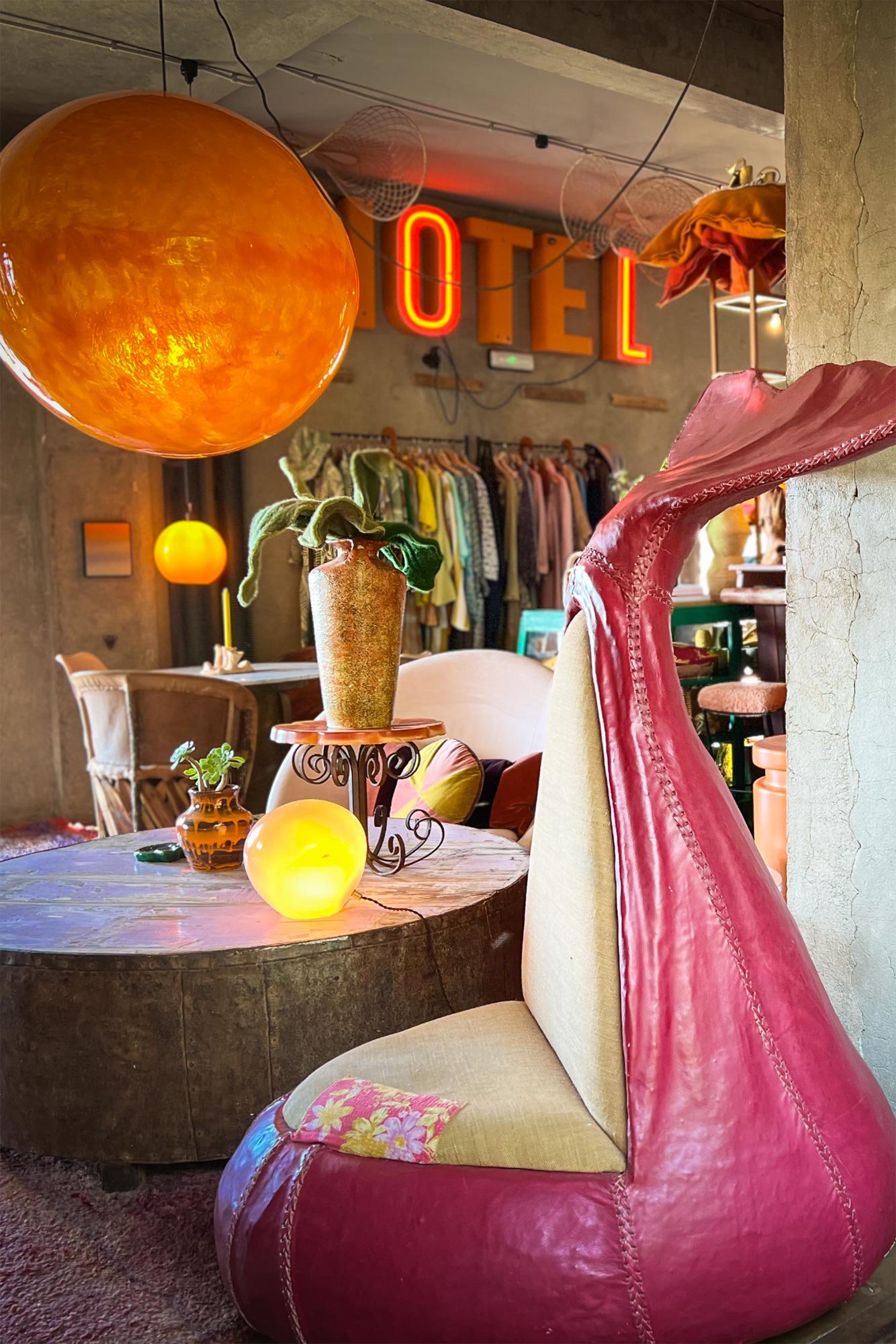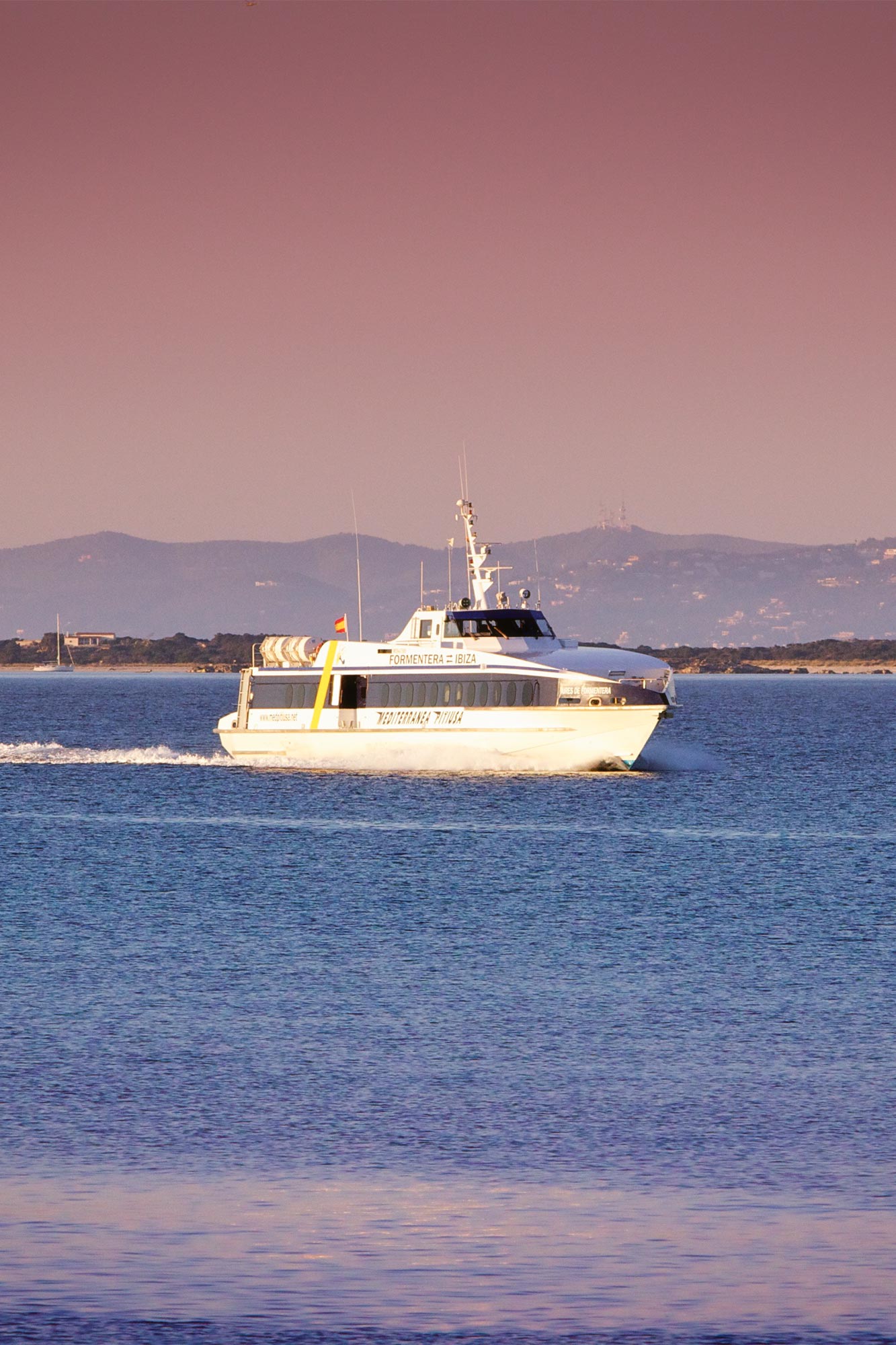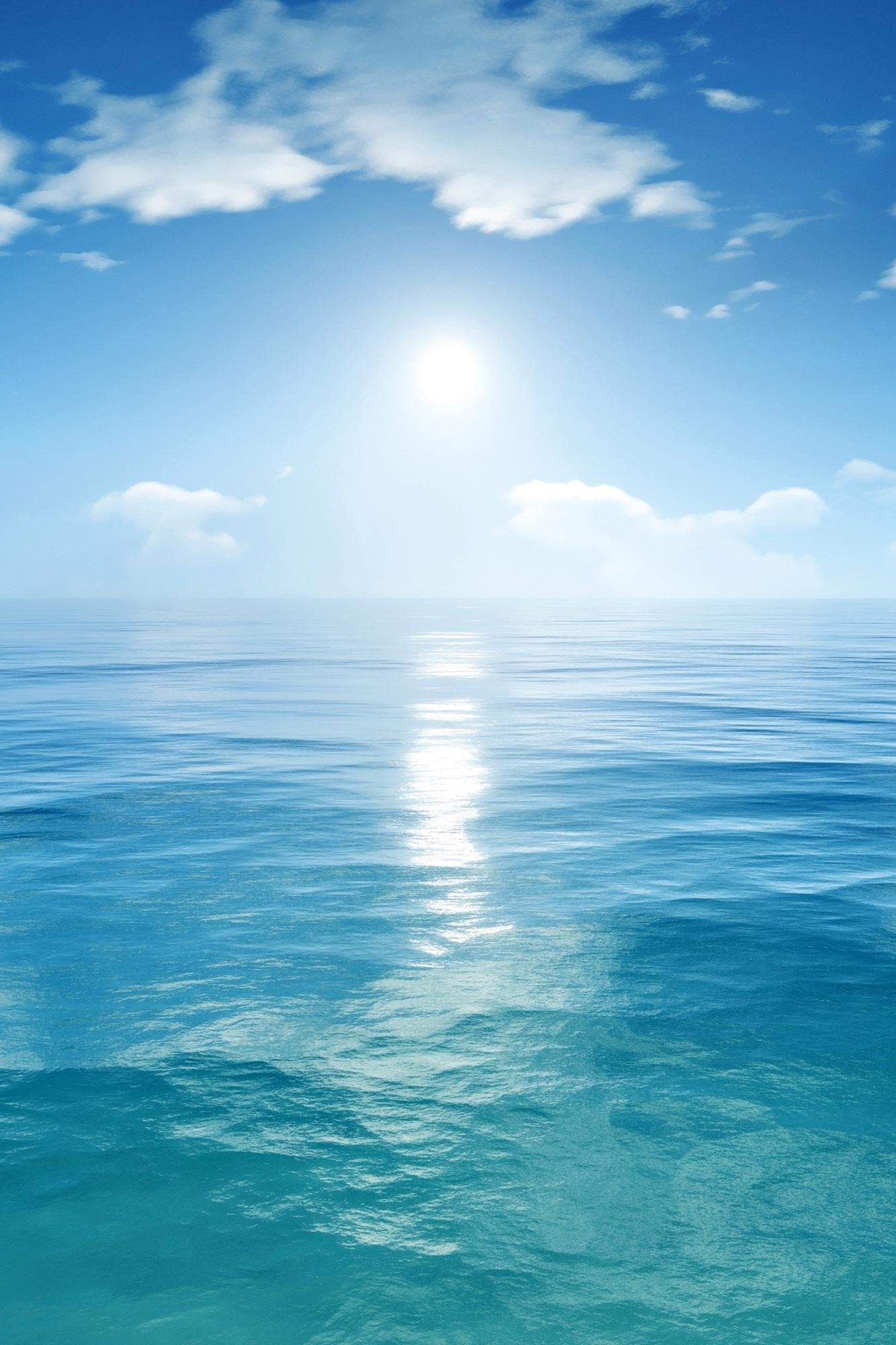What is paradise? A Garden of Eden with shady trees, well-shaped bushes, flowering shrubs, fragrant herbs and flower-bedecked walls. In it, someone wanders around with a book in his or her hand a la dolce vita. A table, a chair and a sunbed, not to mention a glass of cool white wine. The perfect southern European life.
It would not be real. Moreover, most gardens look like this: in good spirits, the person goes into the garden with the book in their hand and the chilled wine. On the way to the sunbed, they come across the wilted bush, fighting for every drop of water in the rock hard earth. Their eye scans around for the irrigation hose, which is not where it is supposed to be, but has been pushed far away by someone – dog or gardener – to where it drips pointlessly onto the naked earth. The water bill comes to mind. Determined not to let the day be wasted, they continue, only to be brought up sharp by the lavender, which has decided not to flower but rather to die. Peace of mind finally disappears when they think about the monthly bank transfer for the gardener. So much effort for little reward. Man has been expelled from paradise.
It can be so simple, if you think about the laws of nature. Law Number One in the plant kingdom: Open ground is death. Exposed earth means life-giving water evaporates. That is why the army of weeds is removed in order to shade the ground as quickly as possible with leaf mass. Moist soil is the habitat of the microorganisms that convert organic matter, such as dry leaves, bark and dead animals, into energy-rich humus. The plants nourish themselves and produce strong leaves, which in turn give shade.
The hard-working gardener interrupts this cycle by constant weeding. As a result, the water requirements of the plants increase and the number of important soil organisms decreases. Put some artificial fertilizer on top and the paradise is finally in danger. The chemical pearls and pellets salt the soil permanently and the resulting dryness means the salt cannot be washed out, staying in the top 10 cm. The salt burns the fine roots that are responsible for water and nutrient uptake and the vicious circle is complete. Slowly but surely, the garden is wasting away.
Ever since long before Ibiza’s water crisis owing to sinking groundwater levels and high consumption by a growing population, Noahs Garden has been developing beautiful natural solutions for healthy, water saving, low-maintenance gardens. What it comes down to is copying nature and keeping the ground shaded. Only that they do not take leaves, but rather, plastic sheets, gravel and wood chips. There are many unbeatable advantages to walkable gravel gardens. Never having to weed again is at the top of the list of enthusiastic garden owners. Water consumption drops by half because it cannot evaporate anymore. At the same time, the plants thrive better and flower more luxuriantly and longer. There’s no need to build paths since you can walk freely on the surfaces.
This is particularly important for houses where it is not possible to set out more surfaces. If you do not want to walk on gravel, you can lay heavy stone slabs or wooden planks on the walkways. The irrigation hoses lie invisible between the plastic sheets and the gravel, meaning they do not interfere with the aesthetics and that you do not slip anymore. The gardens appear to be visually larger and more impressive thanks to their clearness, serenity and pure design. There are no limits to the way it is arranged. And Man? He’s happy.
